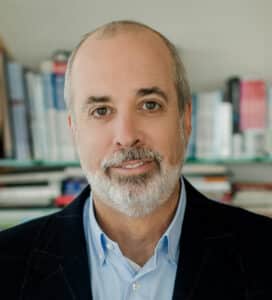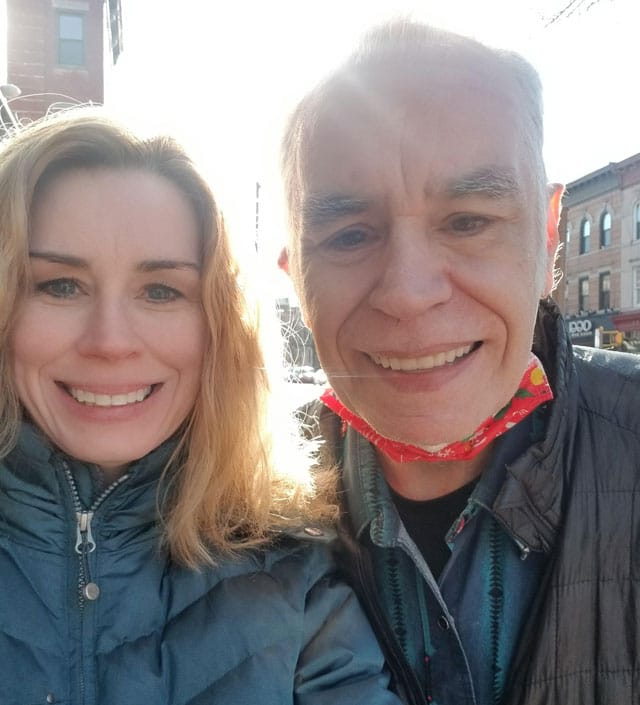Clients need to start thinking they’ll live to 105, with gene splicing and nanotechnology at the cusp of eradicating virtually all leading causes of death, Ric Edelman says.
“We have to recognize we’re going to be living decades longer,” the founder of RIA Digital Assets Council recently told attendees at a webinar sponsored by Financial Experts Network. “It’s exciting, but also a little bit scary.”
The linear lifeline model — “you’re born, you go to school, you go to work, you retire, you die” — is a 20th century model, Edelman said. He envisions a cyclical lifeline now: birth, school, work, cruise, sabbatical, more school, more work and leisure “for as long as you live.”
“Retirement as we know it is gone. Are we going to do nothing for 40 years?”
“Retirement as we know it is gone,” he said. “Are we going to do nothing for 40 years?”
That’s why Edelman says a key aspect of growth in the retirement advising industry is career planning.

Edelman envisions what he calls the Hollywood model of building a career: a lifelong series of short-term projects, setting up other projects simultaneously and planning leisure or education in-between.
Yet, just a dozen years away, he projects 47% of the jobs people do today will no longer exist.
“But the jobs we lose are generally going to be the jobs no one wants: the mundane, the risky,” he said. “The jobs we’re going to create are going to be intellectual, sustainable/green …. and work-from-anywhere jobs.”
These new jobs, like blockchain engineer, will pay better. Enterprise of the future is an “issue of disruption, not demise,” he said.
No easy task
Edelman acknowledged there’s “a bridge to get from here to here, and it’s rickety. We have a lot of problems in this world.”
In health, alone, accidental and preventable deaths like obesity and opioid abuse are projected to become a leading cause of death. “One of the primary ways we will die is that we’re just stupid,” he said.
“One of the primary ways we will die is that we’re just stupid.”
Even so, Edelman said, CRISPR DNA sequencing has targeted genomes that could be manipulated to prevent many deaths people cause themselves. But people will still fall down stairs and will crash cars texting while driving, until transition to self-driving car is complete.
Advisors also need to prepare to pick up more clients and improve efficiency, because the financial advisor career pool is shrinking, he said. The average age of advisors today is 60. About 100,000 left the field in the past decade. Only 11% now are younger than 40.
“It’s a huge opportunity for your services,” Edelman told advisors.
“Stay on the cutting edge, so no matter what it is, you can give your clients advice,” he said. “If you get it right, you’ll be of tremendous value to your clients.”
Additional Reading: What’s On Your Client’s Bucket List?
Action points
Edelman offered some of his own tips to advisors:
- Rerun clients’ financial projections. If savings are low, they should go back to work in their early retirement years, so they don’t run out of money as they near 100.
- Budget $300,000 for medical expenses in the new longevity in which 60 will be middle age.
- Recalculate clients’ risks.
- Reduce expectations from Social Security and pensions.
- Increase equity exposure to adapt to alterations in careers and society.
- Put 1% in digital investments, including cryptocurrency. “Many think there’s no regulation, but there is. We have a lot of clarity” on how to proceed in some ways, although that’s dynamic, he said.
- Become fluent in cryptocurrency and blockchain technology, even if not recommending novel currencies. Advisors need to know how they work and how they’re taxed, “to understand how a client can do crypto in a compliant way,” he said.
- Some clients should consider selling their life insurance to one of the investor groups that pay half or two-thirds of the benefits. “If you cancel it, all you save is paying annual premiums,” he said. It’s usually purchased to protect from financial devastation during the family’s income-producing years. After that, it’s just about amassing wealth for heirs.
- Adjust for more complicated estate planning. Older clients might have gotten their inheritance before they were 60, but their kids likely won’t. Wills will need to acknowledge cryptocurrency and nonfungible digital products, or even things like frequent-flyer miles, and include authorizations and passwords to unlock them.
- Learn to talk to clients in more personal ways, without seeming nosy or invasive. Talk indirectly about what other people do to eat right or how they handle stress. Clients often engage about how they do the same. “You’ll be amazed at how clients crave this information,” he said.
- And: “Show value in ways your competitors do not.”
Linda Hildebrand is a longtime newspaper editor and consumer reporter.







